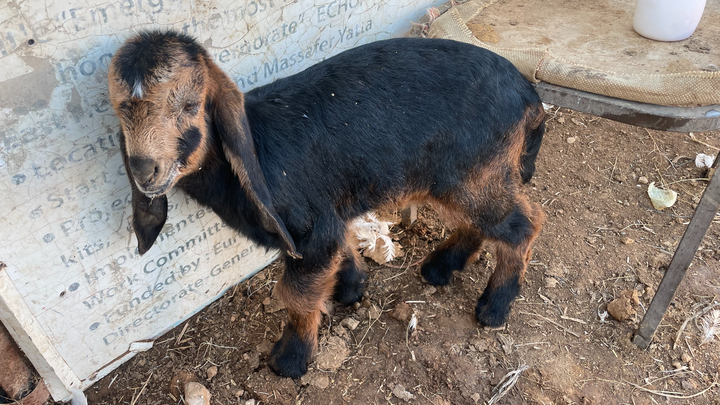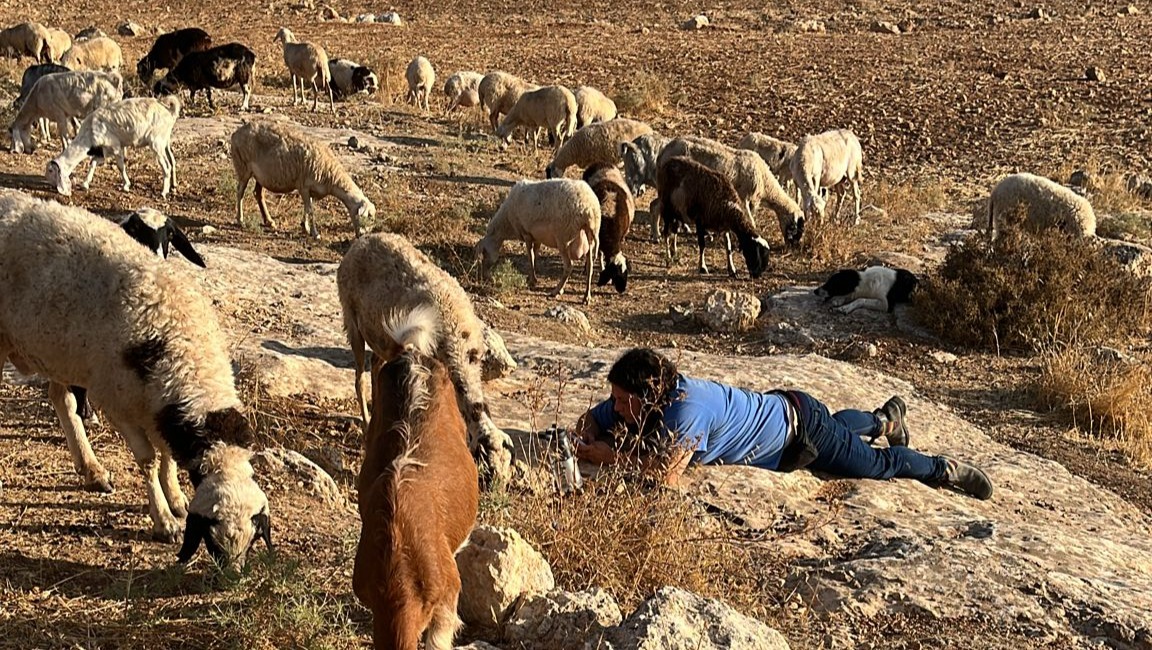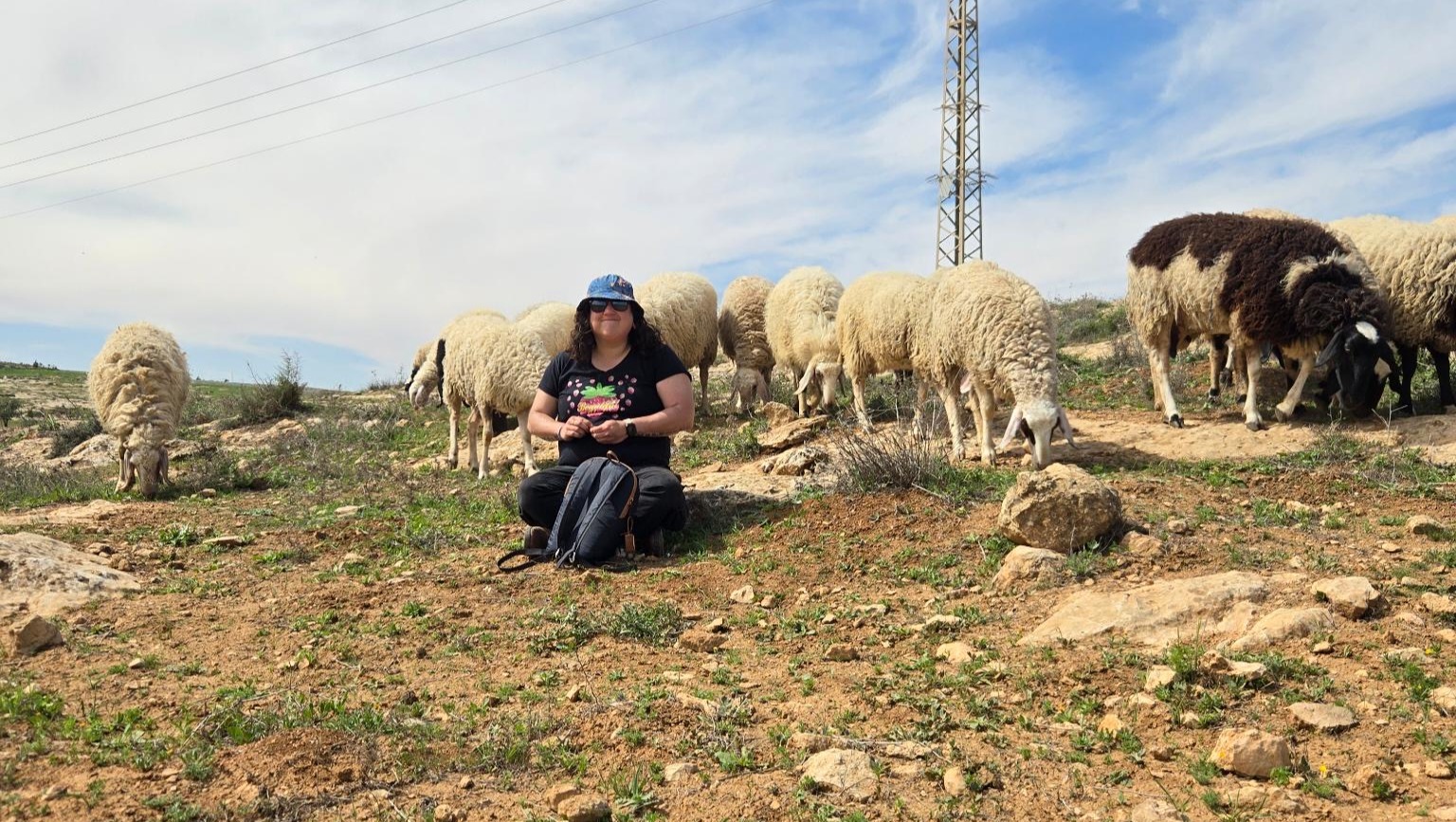
Support steadfastness and shepherding in Masafer Yatta
Donation protected


I have recently returned from spending three months in Masafer Yatta, where I witnessed the steadfast resistance of the villagers and experienced the brutality of both settlers and the state in repressing any life in these Palestinian villages. Since returning, I have remained in touch with many of the residents and activists of the area, who are in dire need of international support to continue to remain on their ancestral lands.
We have started this fundraiser to buy ten goats for family in Masafer Yatta. For these shepherding communities, goats and sheep are a lifeline. Not only do they connect these communities to their cultural and familial heritage of shepherding and living off the land, but livestock are integral to self sufficiency in the region.
The Palestinian villages in Masafer Yatta, or what the Israeli military have lived in what’s known as a closed military zone since the 1980s. With a decades-old legal injunction that prevents Palestinians from completing any sort of construction or renovation projects, coupled with settler violence that often results in buildings being destroyed. At the same time, illegal Israeli settlements next door expand despite being illegal under international law. The region of Masafer Yatta in the occupied West Bank is comprised of many small villages that rely on farming and shepherding to support their families. With illegal Israeli settlements encroaching these villages, often completely surrounding them, villagers find it difficult to grow crops and feed livestock.
Since Oct. 7, it has been nearly impossible for villagers to safely reach their pastures. The Israeli government has emboldened settlers by providing them with arms and recruiting them into the army. Even when Palestinians successfully resist settler-backed threats of evacuation, their inability to harvest crops or feed their flocks sometimes results in a need to move to urban regions in search of work. This is a slower version of displacement that often escapes the media.
Owning goats means owning equity that can sustain itself and grow. The sheep are able to reproduce, allowing some parts of the flock to be sold off and the money used to meet immediate needs like healthcare, fuel, and flour. The goats also produce milk that can be consumed by the families, made into yogurt and cheese, and is used for the traditional practice of making Jameed. Jameed is a fermented, hardened yoghurt that families are able to sell in the nearby city and receive life-saving income.
This flock of goats will support those in the region who do not currently have access to livestock. Since October 7th, work permits to Israel for those living in the West Bank have been cancelled, leaving many people with no income and large families to support. Under these conditions, and the extreme lack of freedom of movement within the West Bank, traditional work like shepherding has become one of the few viable sources of income for many.
Together, we can provide the infrastructure for this family to support themselves for many years to come. Each goat costs roughly 3,000 Shekels, which is around $1,500 Canadian. A flock of ten goats can become quite large and profitable over the years, particularly under the care of the expert shepherds of Masafer Yatta.
Organizer
Anna Lippman
Organizer
Toronto, ON